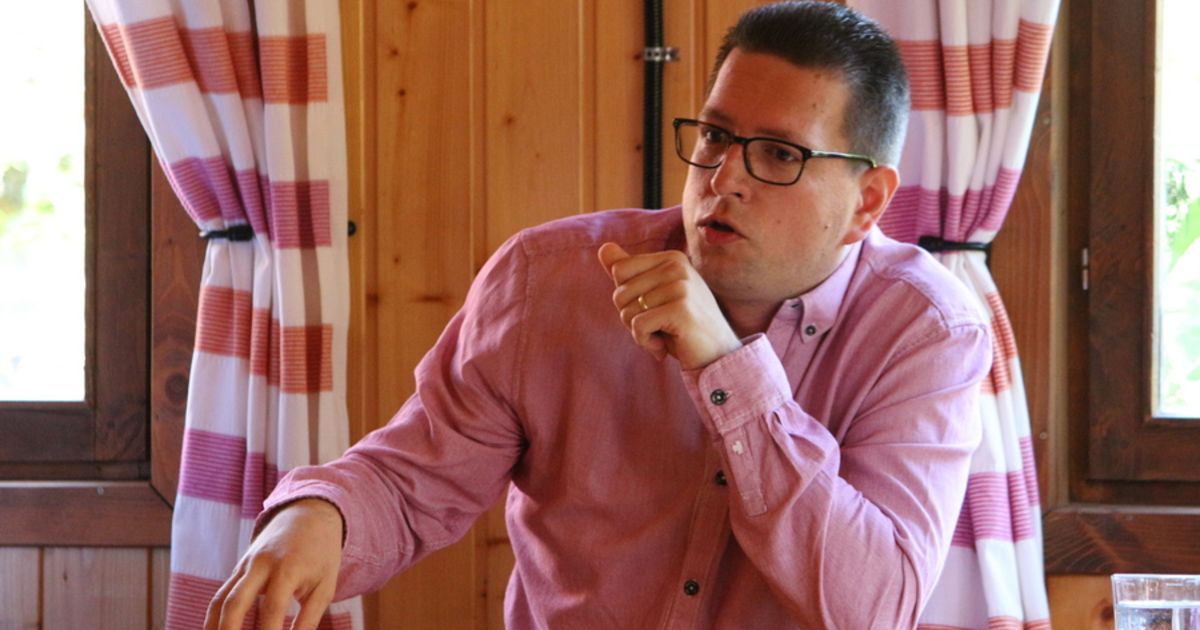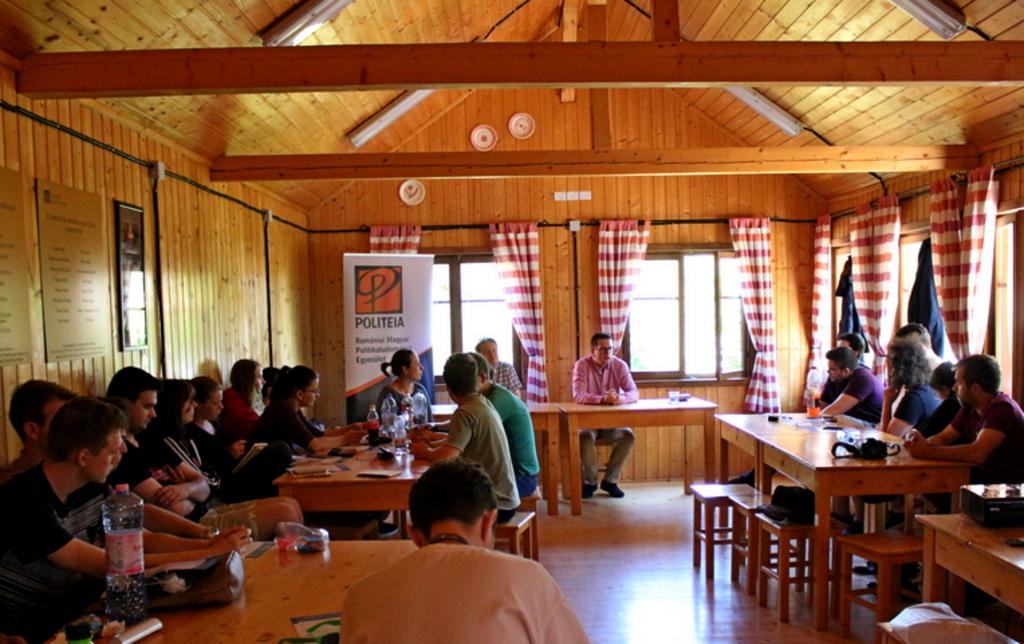
Loránt Vincze: every minority in Europe stands behind the Minority SafePack Initiative
10.07.2017The strength of the Minority SafePack Initiative is that every national minority in Europe stands behind it and supports it – stated Vincze Loránt in the Transylvanian town Torockó, during a lecture held at a youth summer school. “The European Union level legislative proposal can bring benefits in areas where minority protection laws could be improved, but can also strengthen minority communities that already enjoy comprehensive minority rights. Every politician and advocate of minority rights knows that acquired rights can be taken away anytime, and they too have to gain from an EU level guarantee for these rights” – said the FUEN president during his lecture on Friday.
Regarding the European Citizens' Initiative he added: gathering the necessary one million signatures is not the biggest challenge. The challenge is to create a strong network of partners, a coalition which will render the initiative unavoidable and inescapable for the European Commission. Since, to this day, no citizens' initiative has been made into a legislative proposal, the European Commission has yet to prove that the institution of the European Citizens' Initiative is a viable instrument – stressed Vincze adding that the fact that the Minority SafePack is not a technical type initiative addressing the needs of a selected few, but a political one that affects a great many European citizens and the core values of the European Union, increases the chances that it will land on the agenda of the Commission once the necessary signatures have been gathered.
Loránt Vincze held a lecture about the situation of minorities living on either side of the once Iron Curtain, the history of the Federal Union of European Nationalities, and the Minority SafePack Initiative for students of the Sapientia University and the Babeș-Bolyai University of Transylvania and the Eötvös Loránd University of Hungary.

COMMUNIQUÉ DE PRESSE
- FUEN wishes you a peaceful Christmas season, restful days and a bright, hopeful start to the new year!
- FUEN calls on the EU to act over systematic ethnic-based land confiscations in Slovakia
- Women of Minorities conference in Budapest calls for structural change to ensure equal political participation of minority women
- FUEN President Olivia Schubert at UN Forum on Minority Issues in Geneva
- "Laboratory of Peace": 28th Seminar of Slavic Minorities held in European Capital of Culture Gorica/Gorizia
- Equality in Political Participation and Representation: Third “Women of Minorities” Conference to Be Held in Budapest
- FUEN Working Group on Education discusses challenges and future of minority schooling in Europe
- 28th Seminar of Slavic Minorities in Europe to take place in Gorica/Gorizia, Italy
- Olivia Schubert in her first interview as FUEN President
- FUEN Assembly of Delegates elects new leadership – Olivia Schubert becomes new President














